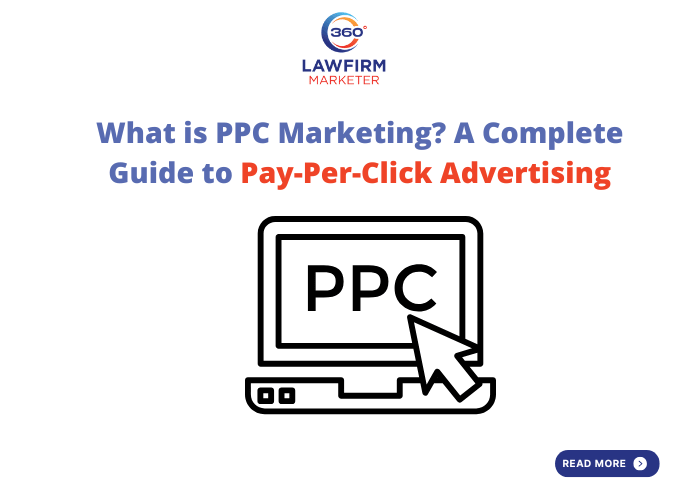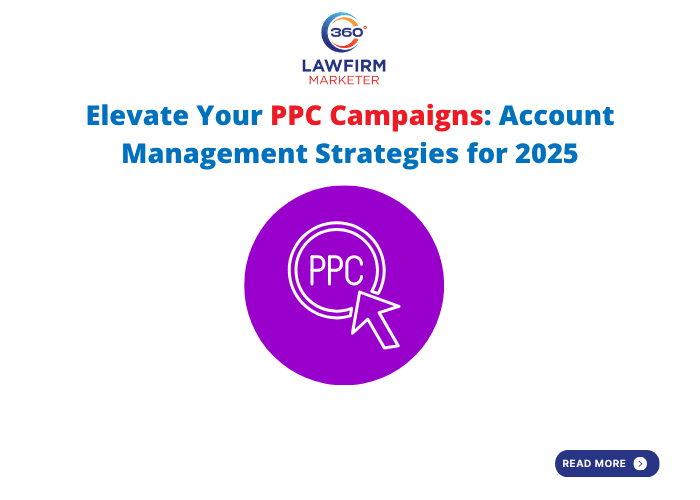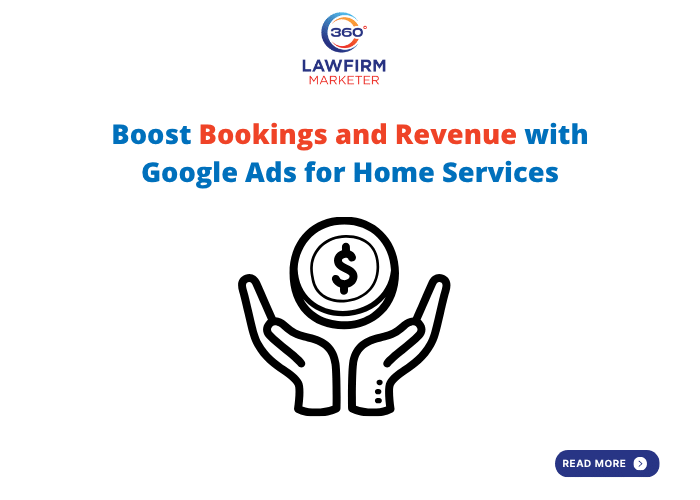
Marketing has always been the backbone of business growth. From traditional billboards and newspaper ads to handing out flyers, businesses have explored countless ways to reach their audience. Today, in the era of digital transformation, marketing has evolved into something far more dynamic and measurable—digital marketing. Among its many strategies, PPC marketing stands out as one of the most effective and cost-efficient methods to drive targeted traffic and generate leads.
In this comprehensive guide, we’ll explore what PPC marketing is, how it works, its benefits, popular platforms, essential tools, and why it’s a game-changer for businesses of all sizes.
What is PPC Marketing?
PPC stands for Pay-Per-Click, a digital advertising model where advertisers pay a fee each time someone clicks on their ad. Unlike traditional advertising, where you pay for ad placement regardless of performance, PPC ensures you only pay when a user engages with your ad by clicking on it.
The most common form of PPC is search engine advertising. Here’s how it works:
- Advertisers bid on specific keywords relevant to their products or services.
- When users search for those keywords, the ads appear at the top of search engine results.
- If the user clicks on the ad, the advertiser pays a small fee.
For example, if a clothing brand bids on the keyword “linen shirts,” their ad will appear whenever someone searches for that term. This model ensures businesses reach users who are actively looking for their products or services.
Businesses often work with a PPC Marketing Agency New York to plan and execute high-performance campaigns, particularly in competitive industries.
Why is PPC Important?
PPC is more than just a paid advertising model—it’s a performance-driven strategy that offers measurable results and precise targeting. Unlike organic marketing, which takes time to show results, PPC can deliver instant visibility and qualified leads.
Benefits of PPC Marketing
Here are some key advantages of PPC over traditional and organic marketing:
- Measurable and Trackable Results
PPC campaigns provide detailed analytics, including impressions, clicks, conversions, and ROI. This transparency allows businesses to:
- Track performance in real-time.
- Identify which keywords and ads are driving results.
- Optimize campaigns for better outcomes.
- Flexible Budget Control
With PPC, you decide how much you want to spend. You can:
- Set daily or monthly budgets.
- Adjust bids anytime.
- Pause or stop campaigns instantly without penalties.
This flexibility makes PPC suitable for both startups with limited budgets and large enterprises.
- Independence from Algorithm Changes
Unlike SEO, which depends on ever-changing search engine algorithms, PPC ads remain unaffected by these fluctuations. Even if your website has a low SEO ranking, PPC ensures your ads still appear in front of your target audience. However, combining PPC with strategies from an experienced SEO Company in New York can maximize your digital performance across both paid and organic channels.
- Highly Targeted Advertising
PPC allows you to target users based on:
- Location
- Age and gender
- Device type
- Interests and behaviors
This level of precision ensures your ads reach the right people at the right time.
Popular Platforms for PPC Marketing
Several platforms dominate the PPC landscape, each offering unique advantages:
- Google Ads
- Market Share: ~28%
- Reach: Google Search, YouTube, and partner sites.
- Average CPC: $2–$4 for search ads.
Google Ads is the most widely used PPC platform, offering unmatched reach and advanced targeting options.
- Microsoft Advertising (Bing Ads)
- Reach: Bing and Yahoo search engines.
- Average CPC: Around $1.50.
Though smaller than Google, Bing Ads often have lower competition and cost, making them attractive for certain niches.
- Facebook Ads
- Reach: Facebook, Instagram, and partner apps.
- Average CPC: Around $0.95.
Ideal for businesses targeting mobile users and leveraging visual storytelling.
Other notable platforms include LinkedIn Ads (great for B2B marketing), Twitter Ads, and Amazon Ads for e-commerce businesses.
How Does PPC Marketing Work?
The PPC process is straightforward but requires strategic planning. Here’s a step-by-step breakdown:
- Choose Your Platform
Decide where you want to advertise—Google Ads, Bing Ads, Facebook, etc. - Keyword Research
Select keywords relevant to your business. Tools like Google Keyword Planner or SEMrush can help identify high-performing keywords. - Set Targeting Parameters
Define your audience based on demographics, location, and interests. - Create Compelling Ads
Design engaging ad copy and visuals that grab attention and encourage clicks. - Set Your Budget and Bids
Decide how much you’re willing to pay per click and your overall campaign budget. - Launch and Monitor
Once live, monitor performance metrics like CTR (Click-Through Rate), CPC (Cost Per Click), and conversions. - Optimize Continuously
Adjust bids, refine keywords, and test ad variations to improve ROI.
Many businesses collaborate with a Digital Marketing Agency in USA to handle these complex steps and ensure optimal campaign performance.
Essential Tools for PPC Marketing
Managing PPC campaigns manually can be overwhelming. That’s where PPC tools come in. They help automate tasks, analyze performance, and optimize campaigns. Here are some must-have tools:
- Google Ads Editor
A free tool for managing Google Ads campaigns offline. - Microsoft Advertising Editor
Similar to Google Ads Editor but for Bing Ads. - SEMrush
A comprehensive tool for keyword research, competitor analysis, and campaign optimization. - SpyFu
Great for analyzing competitors’ PPC strategies and discovering profitable keywords.
Other useful tools include:
- Call Tracking Tools (e.g., CallRail)
- Landing Page Builders (e.g., Unbounce)
- PPC Automation Tools (e.g., Optmyzr)
Tips for Choosing the Right PPC Tool
- Understand Your Needs: Identify the scale and type of campaigns you plan to run.
- Check Integration: Ensure the tool integrates with your existing marketing stack.
- Evaluate Pricing: Choose tools that fit your budget without compromising essential features.
- Ease of Use: Opt for tools with intuitive interfaces and good customer support.
Conclusion
PPC marketing is a powerful way to drive targeted traffic, generate leads, and boost sales—all while maintaining control over your budget. Whether you’re a startup looking for quick visibility or an established brand aiming to dominate your niche, PPC offers a scalable and measurable solution.
The key to success lies in:
- Choosing the right platform.
- Conducting thorough keyword research.
- Continuously optimizing your campaigns.
- Leveraging the right tools for automation and analytics.
By integrating PPC into your digital marketing strategy, you not only gain immediate exposure but also valuable insights that can enhance your overall marketing efforts. If you’re unsure where to begin, working with a PPC Marketing Agency or an expert SEO Company in New York can provide the guidance and hands-on execution needed to maximize your ROI.



